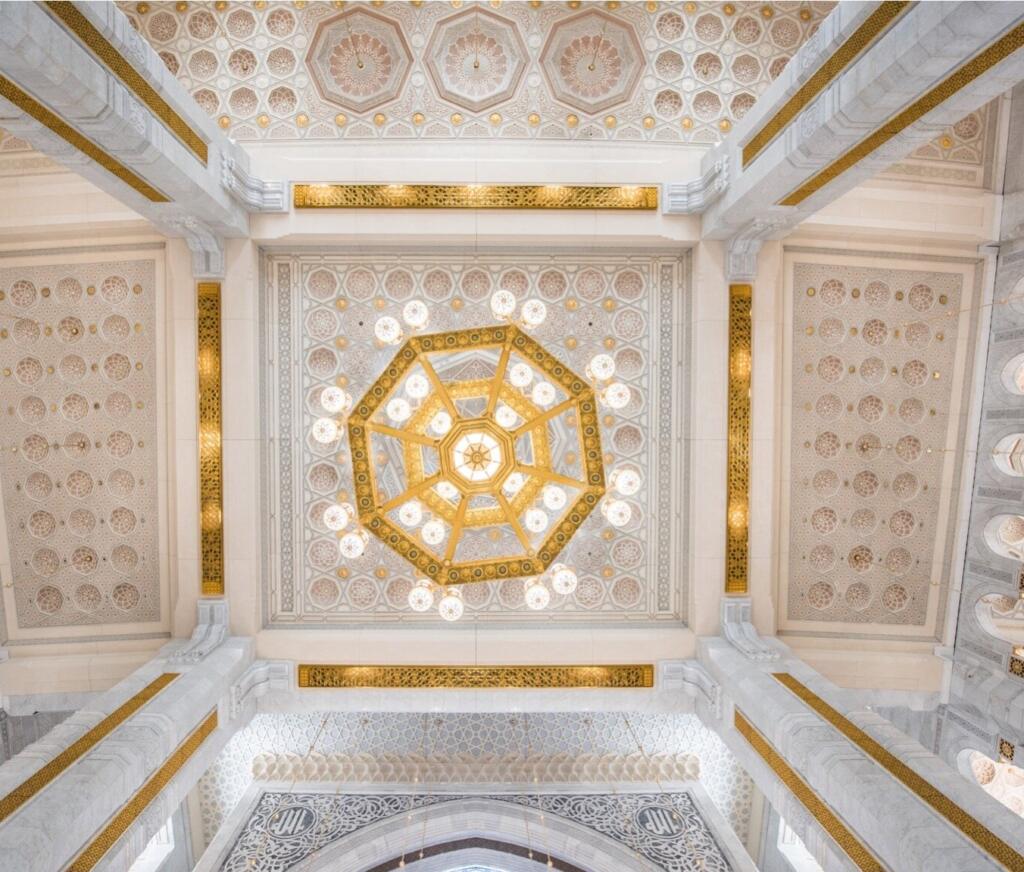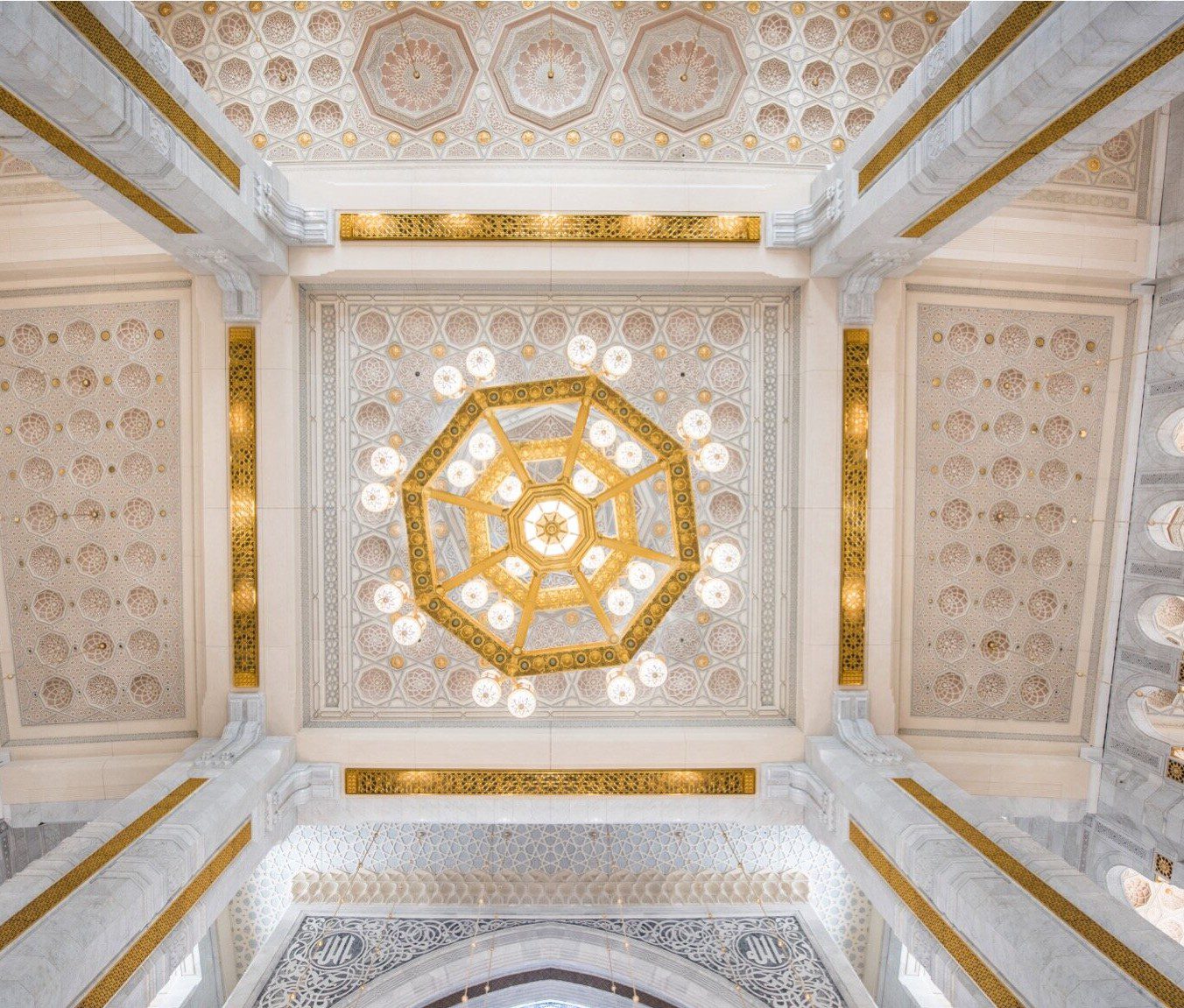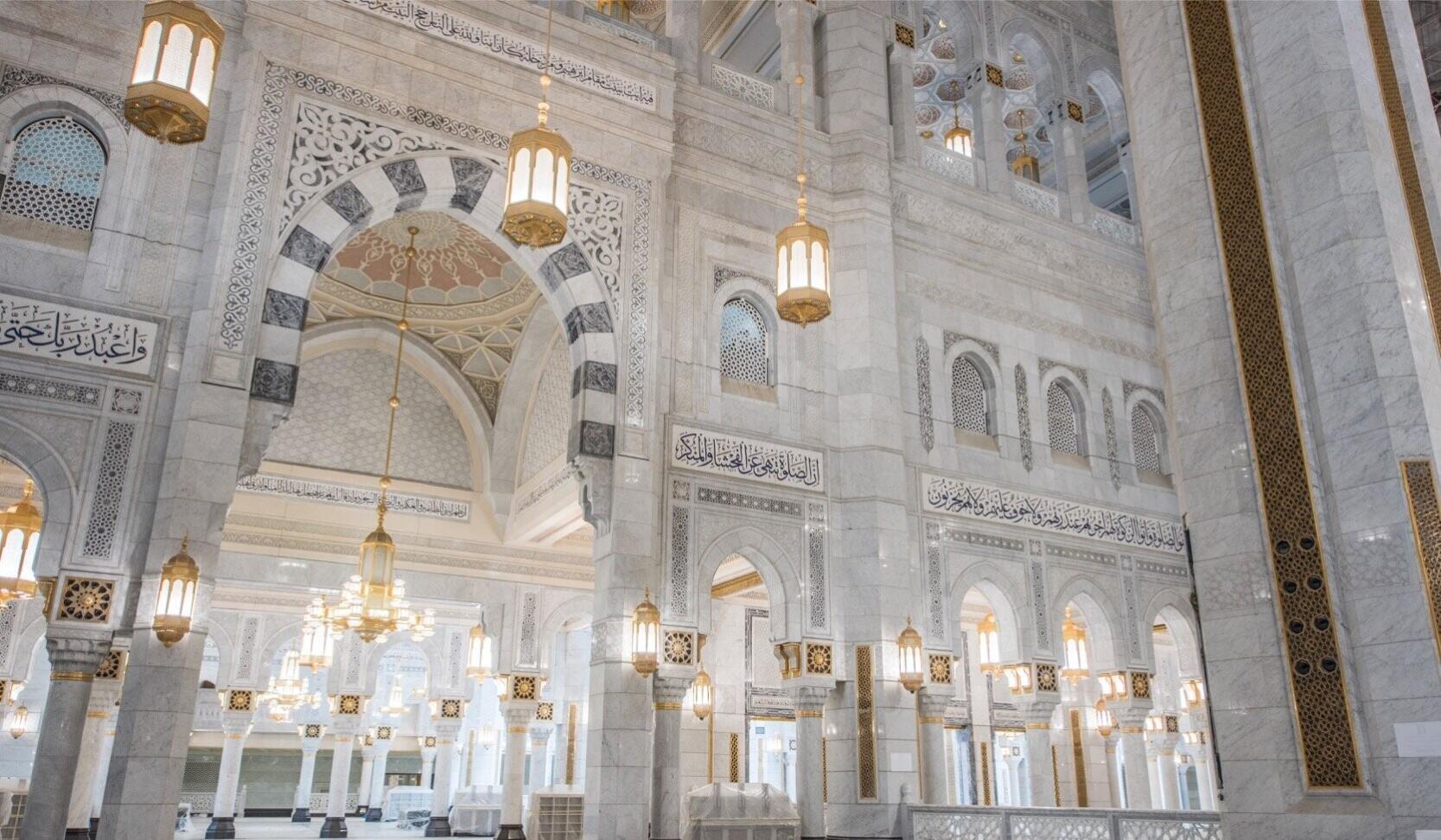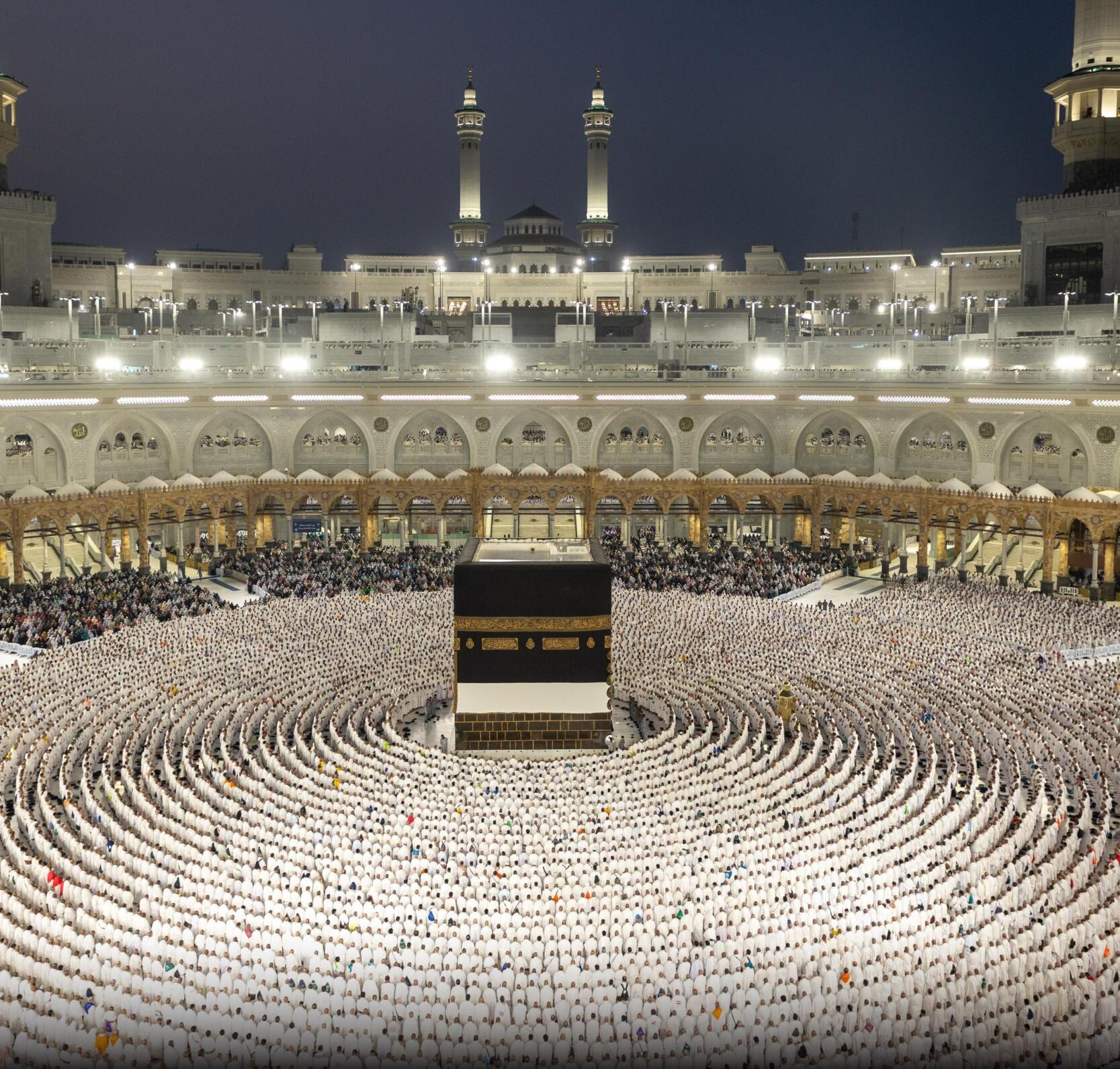Now that your ḥajj is over and you have returned home, you may have slipped back into your usual routine, perhaps without giving it much thought. However, one of the key goals of ḥajj is to transform your heart, actions and life.
This path to transformation begins with self-reflection and evaluation (muḥāsabah). It involves two important steps: first, evaluating how your ḥajj went; and second, evaluating your life so you can begin living a life with Allah and for Allah.
Before evaluating your ḥajj, take some time to reflect on your journey. Set aside some time to refresh your memory and reflect on the following questions. It can be helpful to jot down your responses in a journal, if possible.
- What was your most memorable moment during ḥajj?
- What was your most spiritually uplifting moment during ḥajj?
- What did you find most difficult during ḥajj?
- What did you learn about Allah during ḥajj?
- What did you learn about yourself during ḥajj?
Before your journey, you may have written down some goals of ḥajj that you hoped to achieve. Revisit those goals and ask yourself: Did I achieve them? What helped me or prevented me from achieving them?
1. Connection to Allah:
- When during ḥajj did you feel the most connected to Allah?
- Has ḥajj changed your connection to Allah? If so, how?
2. Connection to the Prophet ﷺ:
- When during ḥajj did you feel most connected to the Prophet ﷺ?
- Has ḥajj changed your connection to the Prophet ﷺ? If so, how?
3. Connection to Ibrāhīm (ʿalayhis-salām):
- When during ḥajj did you feel most connected to Ibrāhīm (ʿalayhis-salām)?
- Has ḥajj changed your connection to Ibrāhīm (as)? If so, how?
4. Relationship with duʿā’
- When during ḥajj did you make the most emotional duʿā’?
- Has ḥajj changed your relationship with duʿā’? If so, how?
5. Patience
- When during ḥajj was your patience tested the most?
- Has ḥajj made you a more patient person? If so, how?
6. Taqwā
- Did you find it easier to stay away from certain sins during ḥajj?
- How will you continue to avoid those sins after ḥajj?
7. Connection to the Ummah
- When during ḥajj did you feel most connected to the ummah?
- Has ḥajj changed your connection to the ummah? If so, how?
8. Life and Hereafter
- When during ḥajj did you have the deepest reflections on life?
- Has ḥajj changed your perspective on the way you are living your life? If so, how?
Was Your Hajj Accepted?
An accepted ḥajj (ḥajj mabrūr) is the ultimate goal of every pilgrim. The purpose of your arduous journey was to seek the pleasure of Allah and attain an accepted ḥajj.
To assess whether your ḥajj was accepted, reflect on the words of Imām al-Ghazālī (raḥimahullāh): “You should check this by examining your heart and actions. If you find that your heart has turned away from the worldly life and toward the closeness to Allah, and that your actions have aligned with the Divine law, then you should be confident in your acceptance, for Allah only accepts those He loves. And those whom Allah loves, He takes care of and protects from the influence of Shayṭān.”
Protect Your Hajj
Upon returning from your ḥajj, you may fall susceptible to reducing the rewards of your ḥajj or making it go to waste. Always be mindful of the following to ensure that you preserve the rewards of your ḥajj:
- Continue to pray for acceptance of your ḥajj.
- Do not complain about your ḥajj. You may have faced some difficulties during ḥajj, however don’t let this cloud the immense blessings you were granted by Allah on this journey; there are countless people who would have loved to be in your place.
- Avoid falling into the trap of ʿūjb (self-admiration): thinking highly of yourself and your ḥajj. Don’t think you’re better than others or look down on others.
- Do not boast about your accomplishments or acts of worship.
Maintain the Momentum
During ḥajj, you will have experienced a spiritual high: the echoes of Labbayk surrounding you, as every pilgrim stood united in the goal of pleasing Allah Alone. But this should not end with ḥajj.
When you return home to work, routines, and responsibilities, let that same Labbayk echo in your daily life. Just as you proclaimed it during ḥajj, proclaim it now in every part of your life.
- Labbayk, to everything your Lord loves and is pleased with: in words, deeds, and character.
- Labbayk, in maintaining the five daily prayers in the masjid.
- Labbayk, in giving zakāh.
- Labbayk, in kindness to your family and community.
- Labbayk, in purifying your heart.
- Labbayk Allāhumma Labbayk, in obedience, steadfastness and sacrifice until you meet your Lord.
Ḥajj was not the finish line. In fact, it was the training ground. It taught you self-restraint, discipline, and taqwā. Now that you’re back, don’t let that training go to waste, but put it to work. Set high standards for yourself. Push your limits in your worship, character, and service.
The fact that you were able to persevere and excel during ḥajj is proof that you can live a life with Allah: a life dedicated to Him. Start small but stay consistent. Commit to a daily wird (portion) of Qur’ān, add extra sunnah prayers, and stay away from sins.
You will experience some dips, but that’s part of the journey. Just don’t stop moving. Keep ‘living’ Labbayk, keep trying and bi’idhnillāh, you will live a renewed and transformed life.
“And worship your Lord until certainty (death) comes to you” (15:99).






